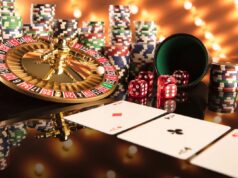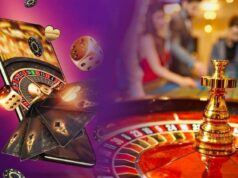
The game of poker, in which a crowd of players bet on which hand ranks highest, has many life lessons to show us. For example, the fact that there are good and bad hands or days. And that while you may succeed as a result of pure luck, most times success will come after you’ve put in the time and effort, considered things carefully, and developed an expert skill set. Of interest is the reality that poker is becoming increasingly popular at universities, among students and alumni alike, as a result of the belief that this game – among all others – is “skill-based” and that “strategy and preparation triumph over fortune”.
So what seven lessons related to the mental benefits of playing poker, should we be most enthusiastic about applying to our overall lives in this article by Borgata?
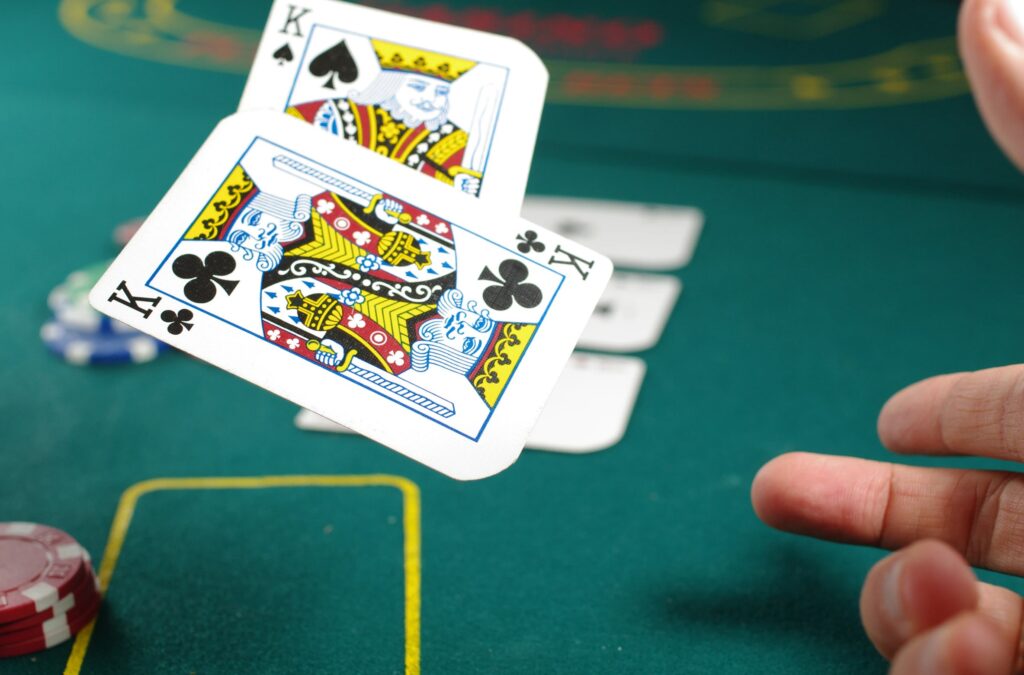
1. Do the work
Life, like poker, is not an easy matter. You don’t win big repeatedly, after only a small amount of input. Instead, you will need to put in time, study the odds, and make the kind of choices that steer you towards repeated small wins – or one astounding big one. Good things don’t come easily; and the hard-graft is worth it in the end.
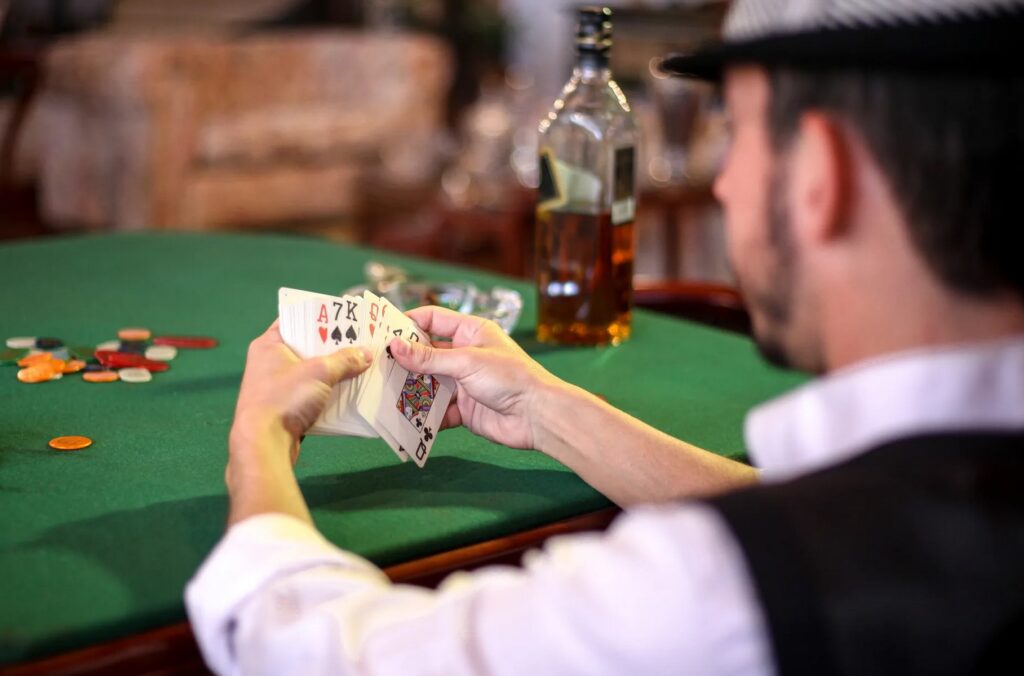
2. Manage your money
Instead of outdoing yourself early on in your poker-playing career, it is advisable to rather forge ahead with any extra cash you may have; cash that you can afford to lose. The same goes for your treatment of money in real life.
It wouldn’t be wise, for example, to spend the money you normally use for rent and other basics, on a luxurious holiday – right? Careful budgeting as to what cash is for everyday necessities and what’s left over for fun and games is a great approach to have in both life and at the casino.
As an aside, many of the biggest investors on Wall Street are rumoured – even confirmed to be – top poker players. Any lessons in this for the small-scale investor? Apparently we’re all at risk of maximising the pleasure and minimizing the pain of gaining and losing money. Careful money management can only assist in this.
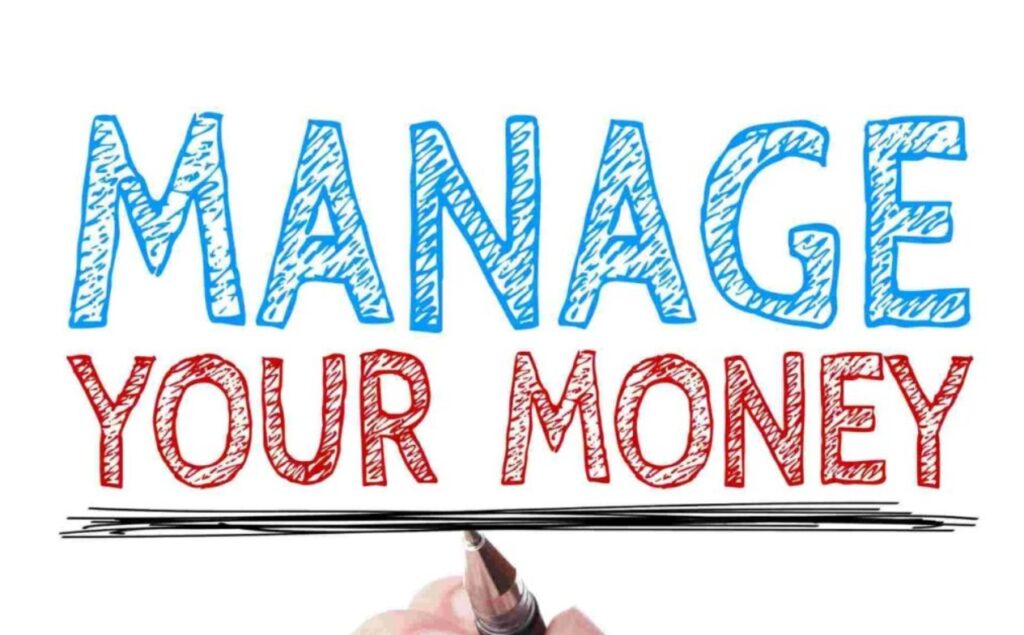
3. Overcome obstacles
Ever heard the term “a bad beat”? It’s defined as a situation in which you lose a hand of poker to a less skilled player, even though you started off the game with better cards. Just like in life, poker dishes out the poor versus the awesome and, to take part effectively, you need to learn to roll with the punches.
A bad beat may set you off course temporarily, but it pays to work on your mental resilience with practises such as mindfulness, so that – from a psychological standpoint at least – you are soon feeling strong and ready to resume full-scale play.
It’s obviously preferable to be able to look back and recall that your behaviour when faced with a bout of adversity, was still exemplary.
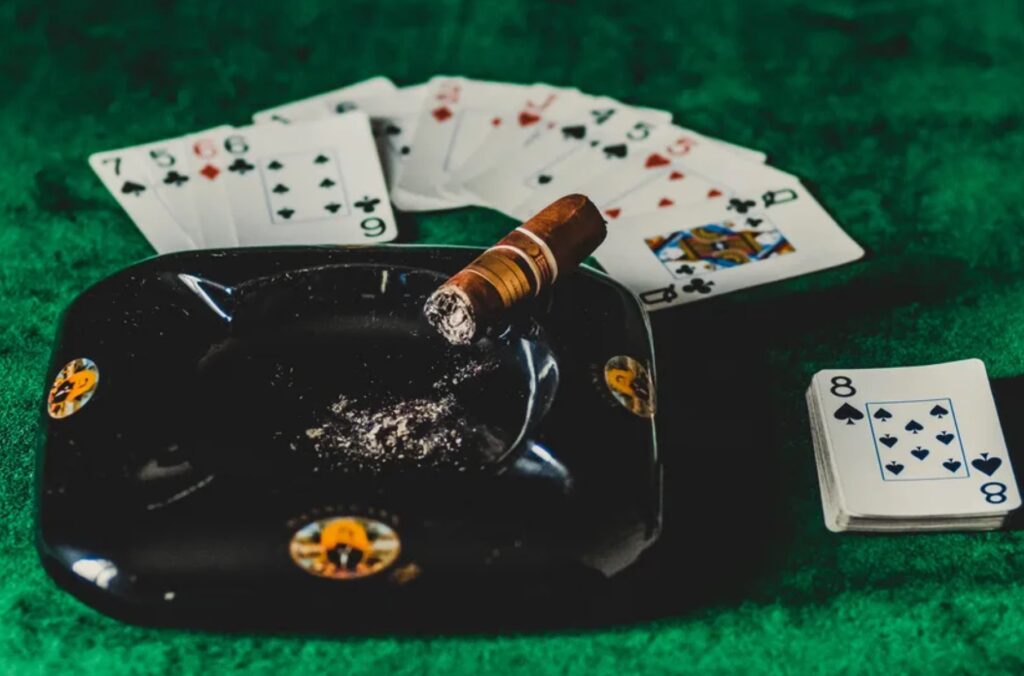
4. Make decent choices
We all recall a few false starts in life: starting a course of study or a new job, only to find that it doesn’t really suit us; heading into a marriage that is inappropriate and was never going to work out in the long-term.
What’s important is to learn from the past and, over time, to increasingly make the right personal choices. If you’re a novice to the game of poker, you may make a false start by sitting down at a table full of sharks (aka highly skilled, even devious, poker players); but, next time around, you’ll be more likely to spot the signs and will surely select a table that gives you a better chance – such as one full of energetic leisure players.
In life, too, good personal choices are of the essence in an eventual, resounding, win.
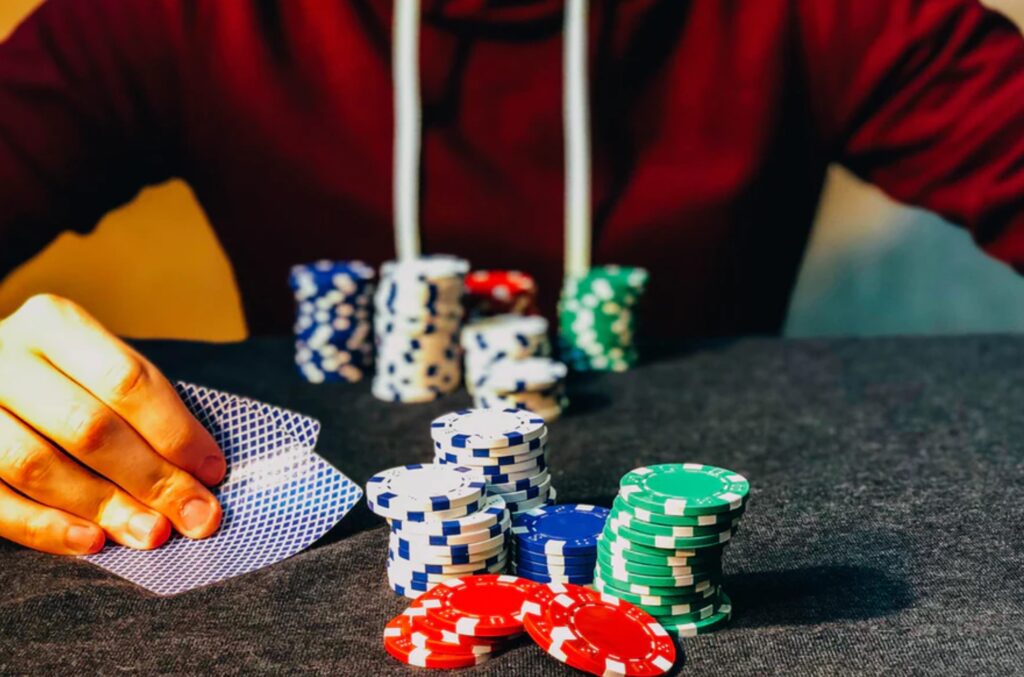
5. Proceed with good humour
There is a great deal in poker, just like in life, that we are unable to control – let’s describe that uncontrollable factor as the cards, metaphorically and physically, that we are dealt. But you can always make the most of what you are given, by playing any hand as best as you can.
Being dealt poor cards can still result in a win if you approach them with a positive attitude. Or, otherwise, when life gives you full-on lemons, go full-out with a good sense of humour that allows your fellow players to benefit from the resulting lemonade. #justsayin
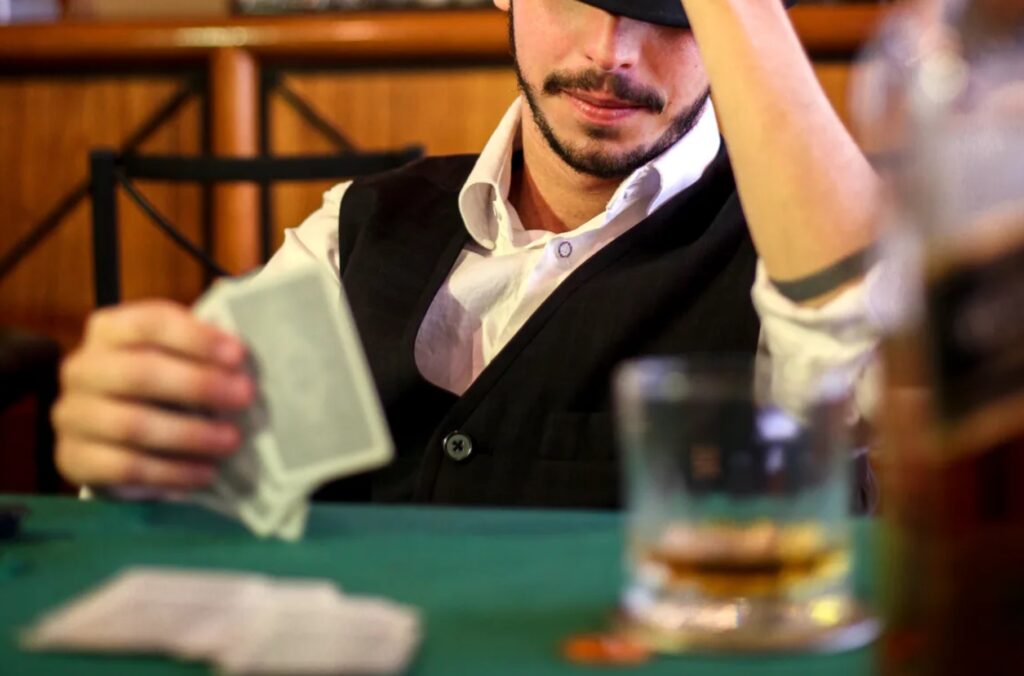
6. Draw on past experience
Professional poker player Kristy Arnett Moreno describes poker as “poetic in that it mirrors life so perfectly”, with each game taking the form of an “accelerated microcosm” of a player’s lifetime. After a decade in the game, she reveals that the game’s solitary nature will cause any player to question, at times when things are not going particularly well, whether it is worth proceeding at all.
But: in weighing up your odds and looking back, those with a history in poker (just like those with significant life experience), will know that all of the game’s “calculations, probabilities, calibrations and assumptions” make it truly beautiful.
And when the chips are down, it’s that past (life/poker) experience that will help you make those pride-worthy decisions.
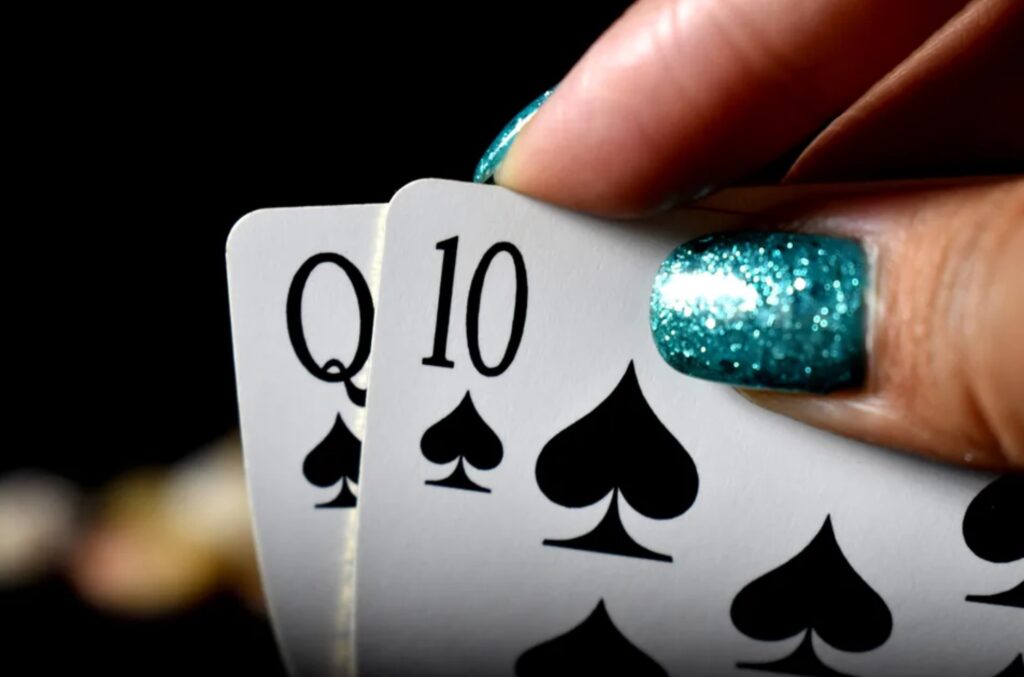
7. You’ve gotta be bold
Know lyrics of Des’ree’s “You Gotta Be”? They go: “You gotta be bad, you gotta be bold;
You gotta be wiser, you gotta be hard; You gotta be tough, you gotta be stronger;
You gotta be cool, you gotta be calm; You gotta stay together…”
The song is a great metaphor for poker, and life, because fortune really does favour those who dare. You have to spend money in life to make money, and you can’t win at poker unless you take the risk. The lesson here is that if you’re too afraid to pursue your dreams, you won’t be in the running for them – will you?
The key is clearly not to fold too soon, says Financial News London reporter Nick Ravo. You’re sure to miss a chance, agrees best-selling author and corporate-decision strategist Annie Duke. Rather, avoid those kinds of regrets by playing every hand until the bitter finale.
Oh, yes, poker teaches us to be steadfast, cautious, positive, choosy, disciplined, patient, conscientious and the baddest kind of bold. You surely won’t find a better teacher of life lessons if you try.
Here’s an article from Mancaveexpert on how you can host your own poker game.

